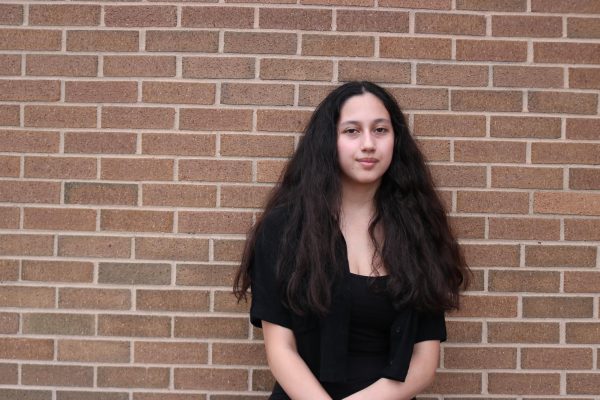Ever found yourself questioning the logic behind dragging out of bed at an ungodly hour for school?
On average, American students reluctantly wake up around 6:30 a.m. for school and many have daydreamed about a later start time.
Research suggests that adolescents, particularly those navigating puberty, are naturally inclined to stay up later at night.
The battle to rise early becomes a daily struggle, and a later start time might align better with the biological rhythms of teenagers.
With a mountain of homework, assignments, and essays that define high school life, an extra hour or two of sleep could be a game-changer.
It’s not just about feeling more awake in class – it’s about having the time to tackle these assignments and enjoy what’s offered after-school without passing out.
Daniella Reyes states that “I think that starting school later would really benefit my overall productivity. I’d be able to focus better at school with more sleep and get a lot more of my work done. And as long as I’m properly awake, I doubt after-school activities would be much of a burden as they would only feel that way if I didn’t have the energy for them.”
The average recommended amount of sleep for adolescents between 14-17 is around 8-10 hours per night. However, the reality is that most high schoolers are clocking in much less than that due to that 7:20am bell. This sleep deficit can have serious consequences on physical and mental well-being.
“I think I would enjoy school bit more if it started later. Most nights I’m usually up doing extra assignments, so I don’t get a lot of sleep and personally, it’d be much easier for attendance. If school is about six hours long, a delay would have us out by 4pm, which isn’t too bad in my opinion” says Joshua Jaipersaud.
But before we delve too deep into the allure of a later start, let’s take a step back and consider the other side.
One major challenge is the school bus schedules.
School districts plan specific bus routes for elementary, middle, and high school students. A delayed start time could throw this planned balance off, causing chaos with an influx of buses roaming the streets, causing more morning traffic than usual.
Then there’s the issue of after-school activities.
Many are involved in sports, clubs, or have part-time jobs. A later school end time might cause conflict with these commitments, leaving students torn between academic and extracurricular pursuits.
Alley Reynolds states that “I would personally keep the regular times we have because of the sports I play. As much as I hate waking up super early in the morning, it’s the only way I can manage all of my activities. I definitely wouldn’t have any time to do homework or relax if school started any later.”
There are also families who have adjusted their lives around the current school schedule.
An earlier dismissal time often aligns with parents’ work schedules, and many students play a crucial role in watching over or picking up younger siblings after school.
A change in routine could disrupt the lives of these families who have come to rely on the current system.
While the goal of more sleep and better academic performance is tempting, the practicalities of bus schedules, afterschool commitments, and family routines must be considered.
It’s good to be mindful of the challenges it presents.
The key is finding a solution that benefits all without disrupting the lives of those who have already adapted to the current system.
A little extra sleep could make all the difference, but finding the right balance is the real challenge.








